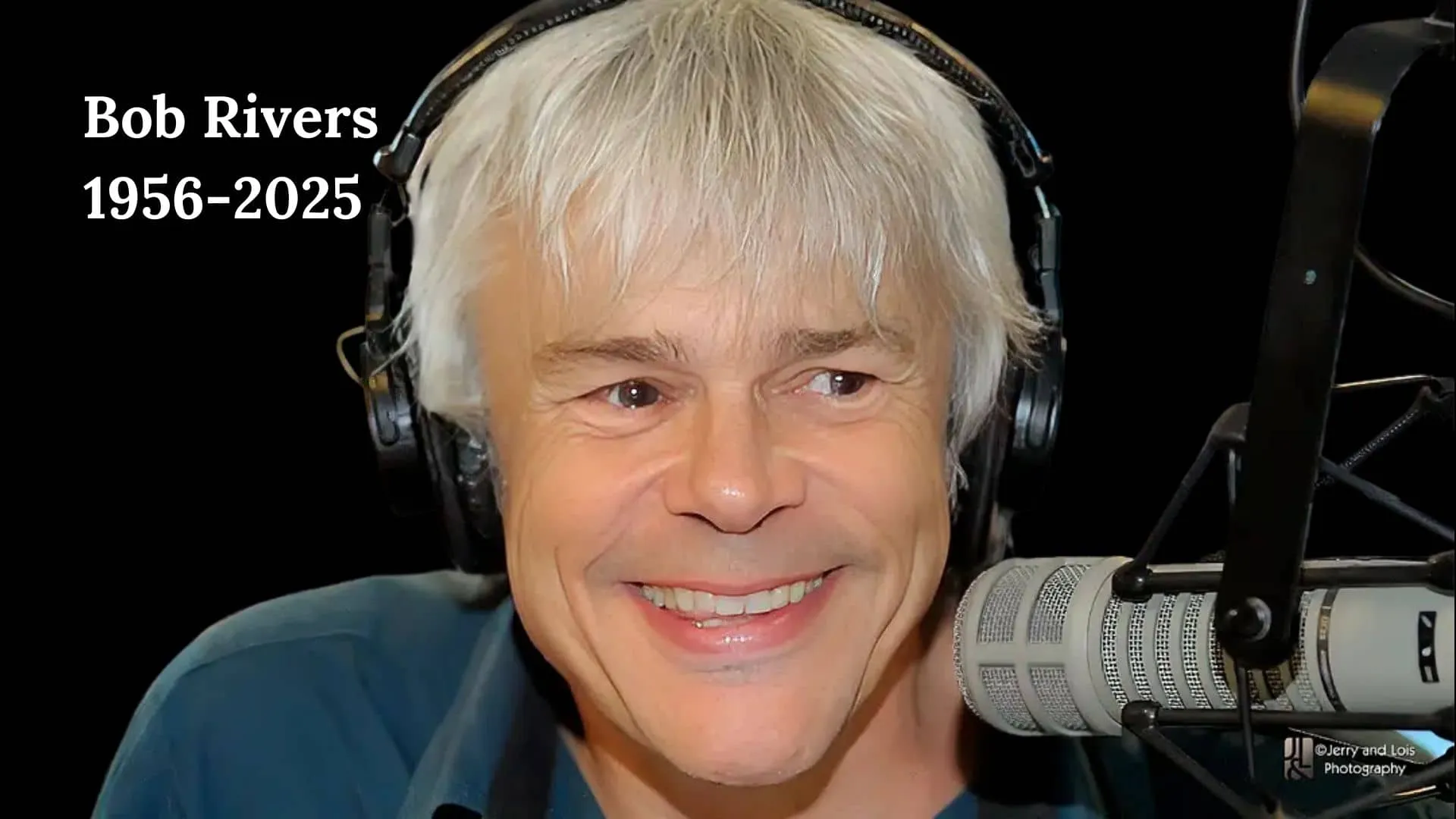“`markdown
Bob Rivers: The Shocking Truth Behind His Latest Controversy!
Bob Rivers, a name synonymous with Seattle radio, has recently found himself at the center of a heated controversy. Known for his sharp wit and musical parodies, Rivers has garnered both admiration and criticism throughout his career. This latest incident has sparked discussions about freedom of speech, the boundaries of humor, and the evolving landscape of media standards.
The controversy began when Rivers made comments during his radio show that some listeners deemed offensive. His style, often characterized by satire and parody, has led to misunderstandings and backlash in the past. This time, however, the reactions have been particularly fierce, with social media amplifying the dissent.
Born on July 7, 1956, in Branford, Connecticut, Rivers rose to fame in Seattle, where he hosted The Bob Rivers Show for over 25 years. His unique blend of humor and musical talent, especially his Christmas-themed parodies, gained significant popularity. His album, Twisted Christmas, was certified gold and featured memorable hits like “Twelve Pains of Christmas.” Rivers’ comedic approach often included commentary on pop culture, politics, and sports, which has both entertained and polarized audiences.
In 2015, Rivers drew media attention when he sold his mansion, an event that highlighted his lifestyle and public persona. This sale was a reflection of his success but also a precursor to the scrutiny he would face in the years to come. His decision to part with such a high-profile property raised eyebrows, prompting discussions about his financial choices and public image.
The recent backlash against Rivers has reignited debates over the limits of humor in media. Many fans defend him, arguing that his comedic style is a form of artistic expression. “We must allow comedians the freedom to push boundaries,” one supporter stated. Conversely, critics argue that some jokes cross the line into insensitivity, particularly in today’s climate where social awareness is paramount.
Rivers has a loyal fan base that often rallies to his defense, showcasing a divide in public opinion. While some listeners appreciate his humor, others feel it can be inappropriate. This schism highlights a broader cultural conflict regarding what is acceptable in comedy and entertainment. Social media has played a significant role in shaping public perception, with platforms allowing for rapid dissemination of opinions and reactions.
In light of the controversy, Rivers has taken to his blog to address the situation. His willingness to engage with his audience on sensitive topics reflects a desire to maintain a connection with listeners. “I never intend to offend anyone,” Rivers wrote in a recent post. “Comedy is subjective, and I appreciate the feedback, even when it’s critical.”
The implications of Rivers’ controversy extend beyond his personal brand. It raises questions about the radio industry’s evolving standards and the impact of social media on public discourse. As the entertainment landscape shifts, creators must navigate the delicate balance between humor and sensitivity. Rivers’ situation serves as a case study for the challenges faced by modern entertainers.
In conclusion, Bob Rivers remains a complex figure in the world of radio. His latest controversy underscores the ongoing discussions about freedom of speech, the limits of humor, and the role of social media in shaping public opinion. As Rivers continues to navigate this turbulent landscape, his legacy as a pioneer in radio and parody will undoubtedly be influenced by the evolving standards of content in entertainment. Whether he emerges from this controversy stronger or diminished remains to be seen, but one thing is clear: his impact on the radio industry is undeniable.
Rivers’ journey is a testament to the power of comedy and its ability to spark dialogue. As he continues to engage with his audience, the question remains: how will the world of radio adapt to the changing tides of public sentiment?
“`






Leave a Comment